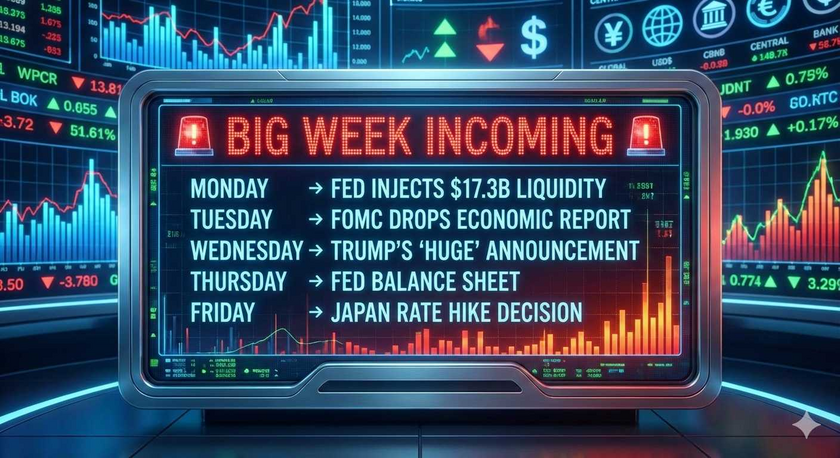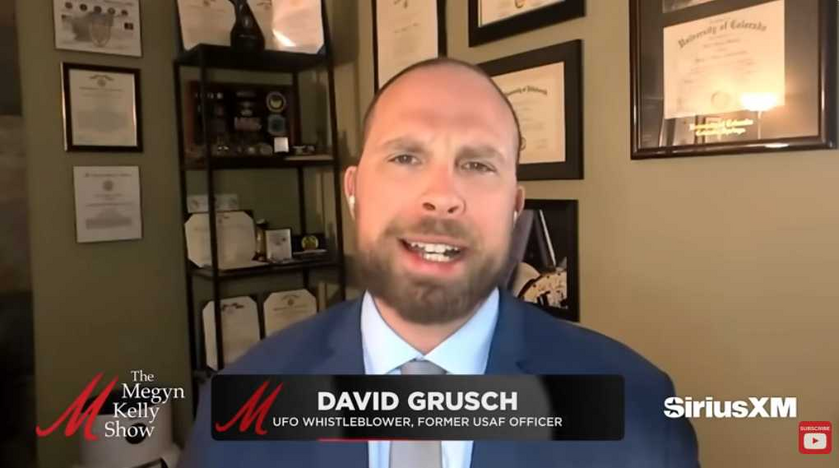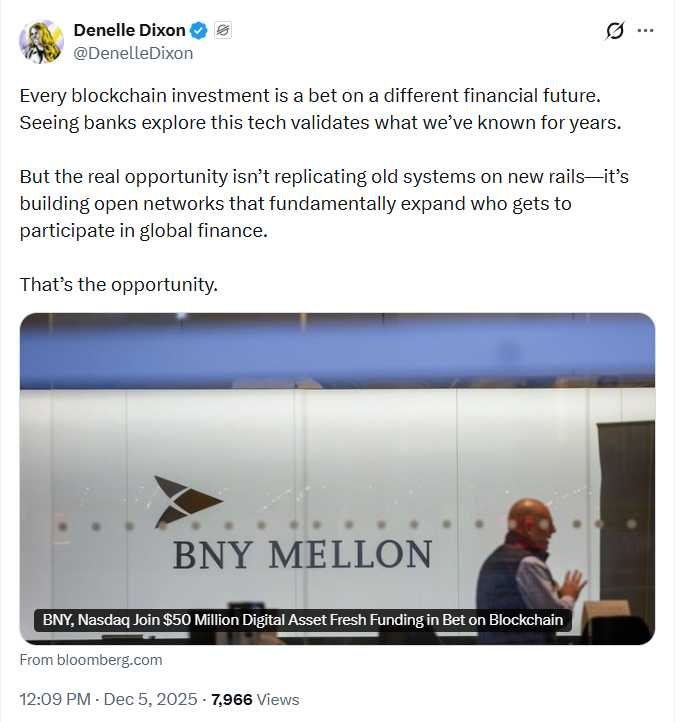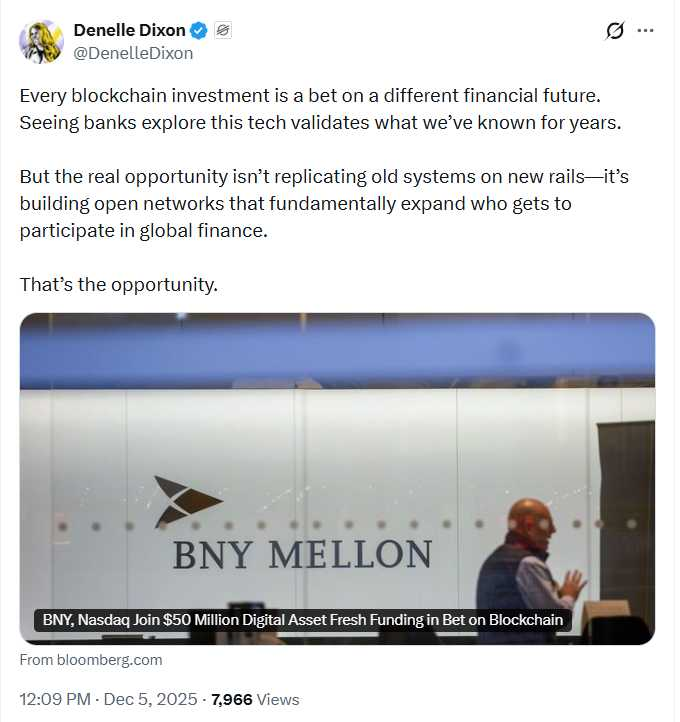After three years, the cryptocurrency case of the century — SEC v. Ripple — ended victoriously for the people the U.S. government is supposed to protect: consumers and small investors.
The case pitted the Securities and Exchange Commission against a leading U.S. crypto innovator. It also tested America’s leading financial regulator against 90 years of federal law and jurisprudence.
Fortunately, the law won. The ruling by Judge Analisa Torres of the Southern District of New York schooled the SEC in the law that created the agency and leaned into the 1946 Howey Supreme Court decision that defines the SEC authority. A security under the Howey test exists only when there is “an investment of money in a common enterprise with a reasonable expectation of profits to be derived from the efforts of others.” Hence, most of the purchases of XRP cryptocurrency were not securities trades.
Unfazed by the enormous public attention on the case, Torres focused specifically on the SEC’s accusations against Ripple and its two senior executives about their sales of the XRP cryptocurrency dating back a decade and strictly applied the law.
The ruling exonerated Ripple CEO Brad Garlinghouse and board chairman Chris Larsen for their XRP sales. It vindicated more than 75,000 retail XRP holders who entered the case against the SEC, plus many leading U.S. legal experts and professionals in the crypto industry. They all joined in pushing back on the SEC’s flawed legal theory — that the XRP token itself is a “digital asset security,” making every sale between any two parties forever an investment contract in the company Ripple. The court learned from them that most XRP holders had never heard of Ripple when they acquired the token.
The SEC’s legal theory stretched existing law so far that it created a new de facto law for technology never contemplated when the Securities Act of 1933 was written. This is all too common for an overgrown administrative state looking for new industries to conquer.
The danger of the SEC prevailing hung over XRP holders and any holder, trader or developer of any digital asset yesterday, today and tomorrow. XRP could be replaced by any token or any asset at all. It was a bald-faced regulatory land grab. This is why the biggest winners from Torres’ decision were the retail XRP holders.
The pivotal line of Torres’ decision didn’t disappoint: “XRP, as a digital token, is not in and of itself a ‘contract, transaction or scheme’ that embodies the Howey requirements of an investment contract.” The law is clear, she said definitively, that even an asset that represents a security is not the security, only offers and sales that meet all prongs of the Howey test. That’s not a novel concept — it comes from nearly a century of settled law.
Torres then did what the SEC failed to do — analyze all the defendants’ sales of XRP against this measure, finding that only Ripple’s sales to institutional investors were securities, all of which happened to involve a clear business relationship between the investors and the company. Everything else, when examined, failed the Howey test.
In particular, Torres acknowledged that sales of cryptocurrencies on exchanges like Coinbase, Binance and Kraken are inherently “blind bid” peer-to-peer sales where the parties go into the transaction not knowing each other. So, when XRP is sold through exchanges, the SEC cannot regulate those sales. How could any retail XRP holders who obtained their tokens on exchanges enter into an investment contract with someone they didn’t know, be it Ripple or anyone else? This is common sense, but in legal terms, it was the bombshell of the ruling with implications for other cases in progress.
Ultimately, the Torres decision was a triumph for the thousands of retail XRP holders led by Rhode Island attorney John Deaton. They filed a motion to intervene early in the case, enraged that the lawsuit had crashed the value of their holdings and locked their XRP on exchanges that suspended trading for fear of SEC retaliation. The “XRP Army” became a hurricane of investor revolt that the SEC didn’t see coming.
Torres clearly heard their arguments and gave them the legal protection they fought for and deserved. Not from Ripple, with whom they had no connection and cared nothing. Judge Torres protected them from their own out-of-control government.
The SEC’s defeat was worse than it seemed, given the momentum it created for Congress to codify the basic legal principles that Torres pointed to in existing law. That would remove the SEC’s free hand to use the courts to terrorize others without Ripple’s resources or XRP’s army. Perhaps SEC Chairman Gary Gensler should read the room and end the onslaught of lawsuits based on discredited theories that have already failed.
Let’s hope Washington heeds the rule of law wake-up call.


























